Rockland Community College‘s new Credentialed Alcohol and Substance Abuse Counselor (CASAC) Certification Program provides the training necessary to work in the field of addiction counseling, which is projected to grow rapidly over the next few years, according to the U.S. Bureau of Labor Statistics. Individuals with CASAC certification have advantages in the job market and can increase their earnings potential.
CASAC is offered as an accelerated non-credit evening/weekend program at RCC. It is certified by New York State Organization of Alcohol and Substance Abuse Services (OASAS) and consists of 350 hours of instruction, delivered as follows:
- Four modules of 10 weeks, each running from the second week of September to the first week of August, for a total of 10 months.
- 85 hours for Knowledge of Alcoholism and Substance Abuse
- 150 hours for Alcoholism and Substance Abuse Counseling
- 70 hours for Assessment; Clinical Evaluation; Treatment Planning; Case Management; and Patient, Family and Community Education
- 45 hours for Professional and Ethical Responsibilities, which must include a minimum of two hours of Child Abuse and Maltreatment.
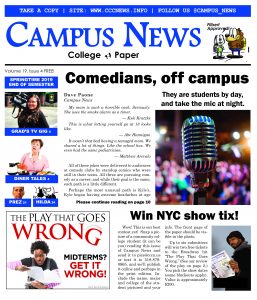
Admission to the program is on a rolling basis. Enrollees can start with any module. All four modules must be completed, but do not need to be taken in order. The program is open to everyone, not just RCC students.
“The CASAC credential means that you have gone through the substance abuse training certified by New York State and as a result are qualified for certain higher-earning positions,” said Program Coordinator Stacy Casden, MS, CASAC, who has nearly 30 years of experience in substance abuse counseling. “Even if you already work in other fields, as a nurse, police officer, EMT or teacher, having knowledge about substance abuse can prove invaluable to your on-the-job effectiveness.”
As an added bonus, many jobs in substance abuse counseling are accessible with a high school diploma and a CASAC certification, without the need for more advanced and more costly degrees enabling people to jump start a career in a field that will see continued growth.
Students in the program are also eligible for 32 college credits from Empire State College: 16 when the 350 hours of education are finished, and 16 more when CASAC certification is granted upon successful completion of the New York State exam and required training hours. The CASAC credential is transferable to other states for employment purposes.
“Participating in the CASAC program has been a rewarding and life-changing experience,” said Christopher Lamitie, a second-year RCC student majoring in psychology who plans to pursue a master’s in social work at St. Thomas Aquinas College in the fall. “The CASAC classes have been extremely beneficial to me and my education. We have various professors and other highly qualified individuals come to teach different parts of the class and they each provide us with rich and vast knowledge on the subject of substance abuse.”
Lamitie adopts the philosophy that performing counseling work is “giving back” to what has been given to him. As a recovering substance abuser approaching six years of sobriety, Lamitie views counseling as his “calling” to try to save the lives of others. “To see a damaged person progress to an entirely new person puts pure joy and happiness into my heart. That is why I am striving to become a counselor/social worker and why I signed up for the CASAC program.”
The cost of the program is $750 per module, for a total of $3,000. There is an option to apply for RCC grants and full-time students may be able to apply financial aid to cover costs.
Classes meet Tuesdays from 6 to 9 pm and Saturdays from 9 am to 2:30 pm. Casden collaborated with Burton Louis-Charles, RCC’s Evening/Weekend Coordinator, and Dr. Robert Schultz, Interim Associate Vice President of Academic Affairs, in establishing the program. Classes for re-credentialing (which is state-mandated every three years) are also planned, Casden said.
For more information, contact Stacy Casden at 845-574-4312 or scasden@sunyrockland.edu.



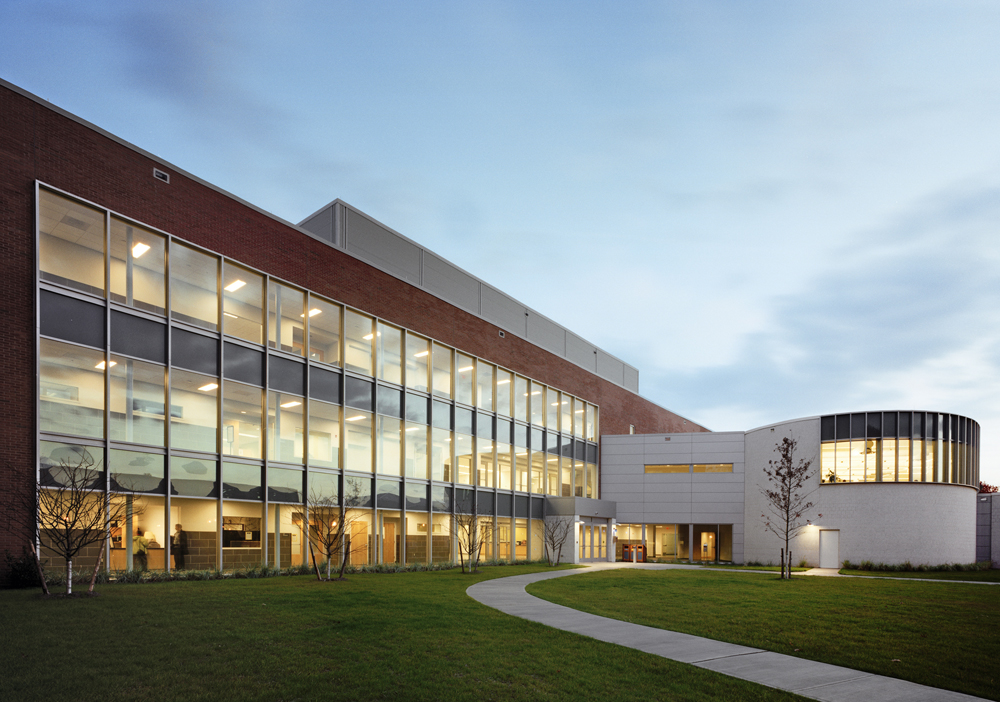
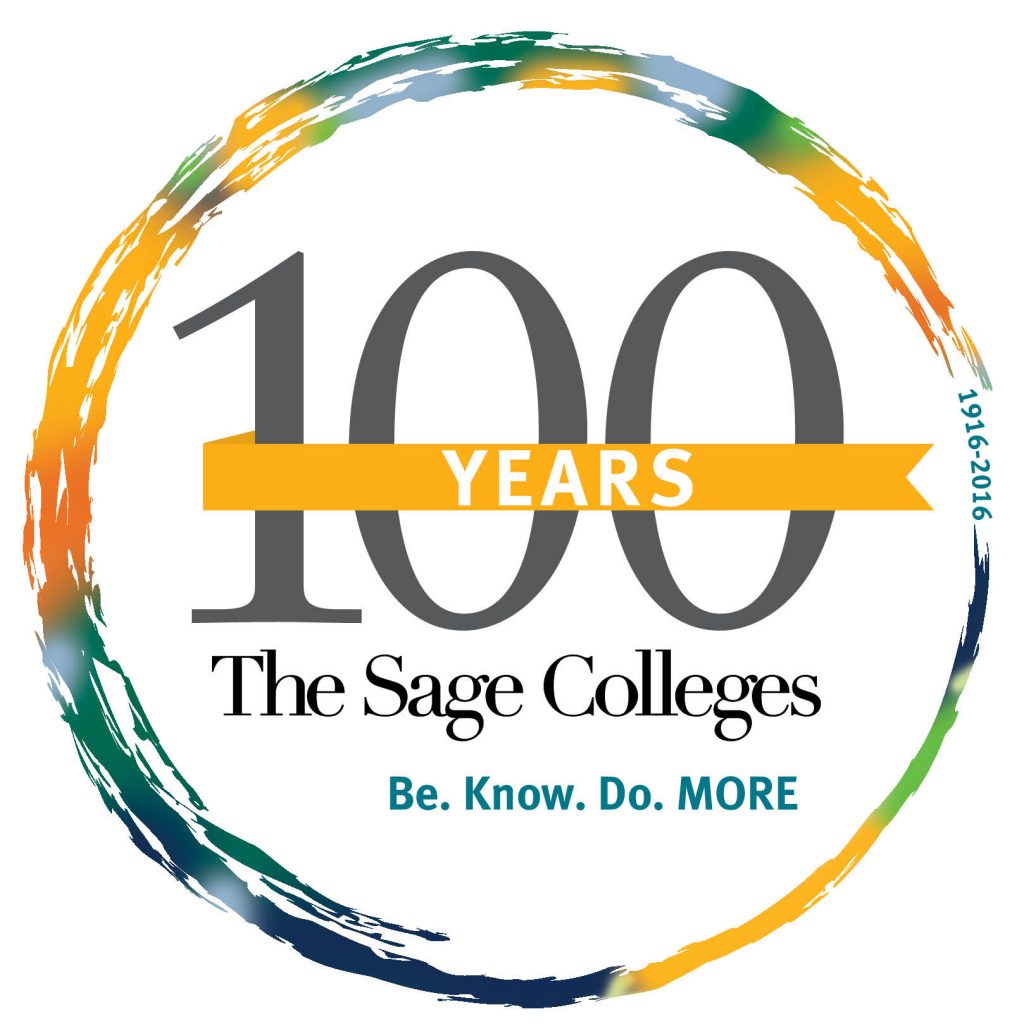
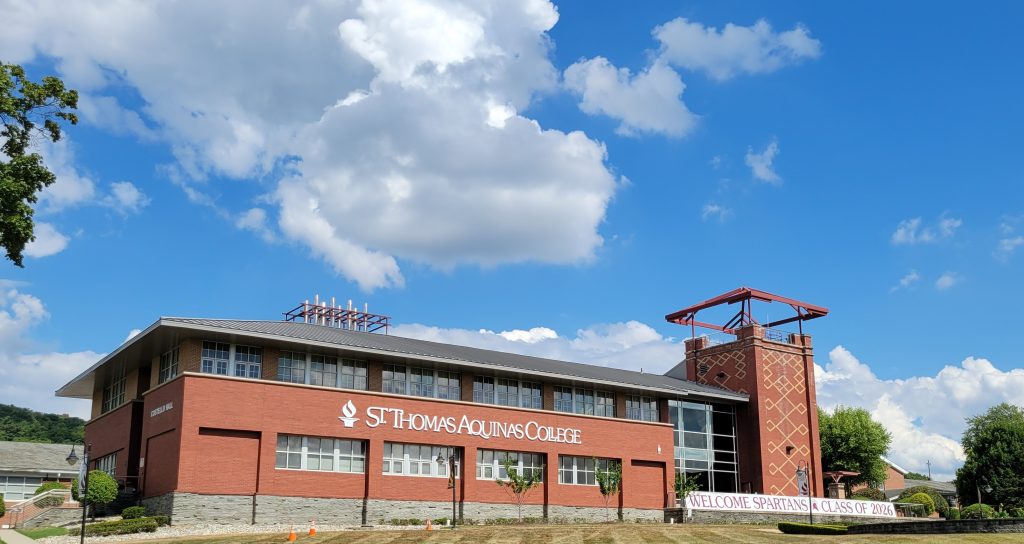
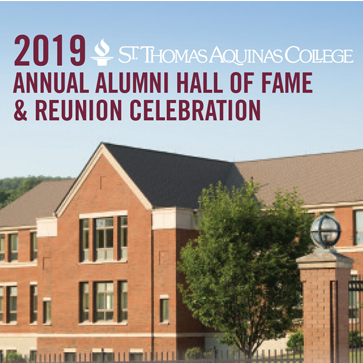
Facebook Comments